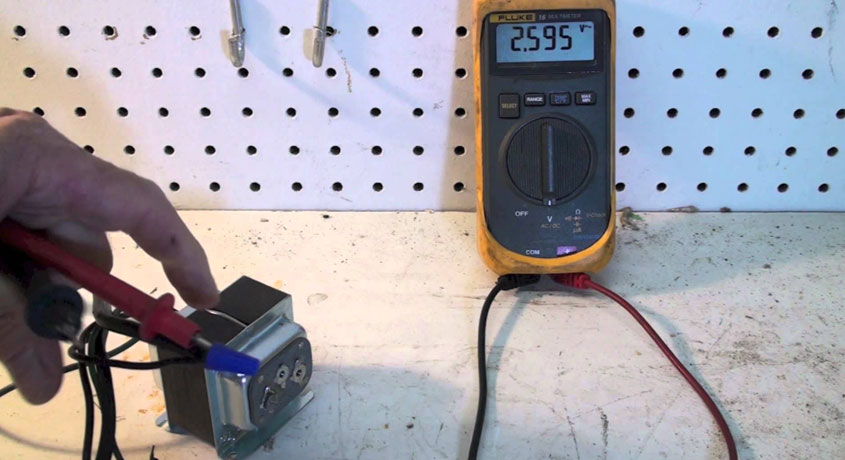Electrical transformers have become a part of all modern industries, automation industries, textile industries, refrigeration industries, and all processing industries. In fact, no industry can be imagined without transformers today because every industry has some or the other machinery involved, and no machine can be directly connected to National grid/power supply or work on high tension lines.
Transformers are static devices that transform electrical energy from one circuit to another with changes in voltage and current, without any change in frequency. Miracle Electronics is a leading transformer manufacturer in India who offers a range of sophisticated high-quality grade transformers. The various range of products include Toroidal, medical isolation, power, audio output, three phase, EI, audio line matching, SMPS and UI transformers.
Transformers are required to be designed according to the obligatory International standards like IEC, IS, DIN and VDE. They need to fulfill all environmental and climatic requirements, and are highly required to be protected against fire. Thus, transformers need to be tested in various ways to ensure proper functioning and protection against hazards. There are a number of testing procedures to be followed for confirming the specifications and performance of electrical transformers. Some of these tests are done at the factory level, while others are carried out at the consumer site. The tests at manufacturer level include type tests, routine tests and special tests. Those at the consumer level include pre-commissioning tests, those done on periodic and regular levels, and those done on emergency basis throughout their service life. These tests determine the electrical, thermal and mechanical suitability for the system where these transformers will be applied. Let us have a look at the tests done at the factory level in detail, which include type tests, routine tests and special tests.
Type test
The type test confirms the basic design expectation of a transformer. These tests are carried out in a prototype unit and not in all the manufactured units of a lot. The basic design criteria of a production lot are confirmed through a type test. This type of test includes the following tests –
- Transformer winding resistance measurement
- Transformer ratio test
- Transformer vector group test
- Measurement of impedance voltage/short circuit impedance and load loss
- Measurement of no load loss and current
- Measurement of insulation resistance
- Dielectric tests of transformer
- Temperature rise test of Transformer
- Tests on on-load tap-changer
- Vacuum tests on tank and radiators
Routine test
This test confirms the operational performance of individual units in a production lot, meaning that every unit of a lot is tested. The tests involved in a routine test are same as those in a type test, leaving out the temperature and vacuum tests.
Special test
Special tests are done as per the requirements of the customers in order to obtain information that is useful to them during operation or maintenance of the transformer. Special tests include –
- Dielectric Tests
- Measurement of zero-sequence impedance of three-phase transformers
- Short-Circuit Test
- Measurement of acoustic noise level
- Measurement of the harmonics of the no-load current
- Measurement of the power taken by the fans and oil pumps
- Tests on bought out components / accessories such as Buchhloz relay, temperature indicators, pressure relief devices, oil preservation system etc.




